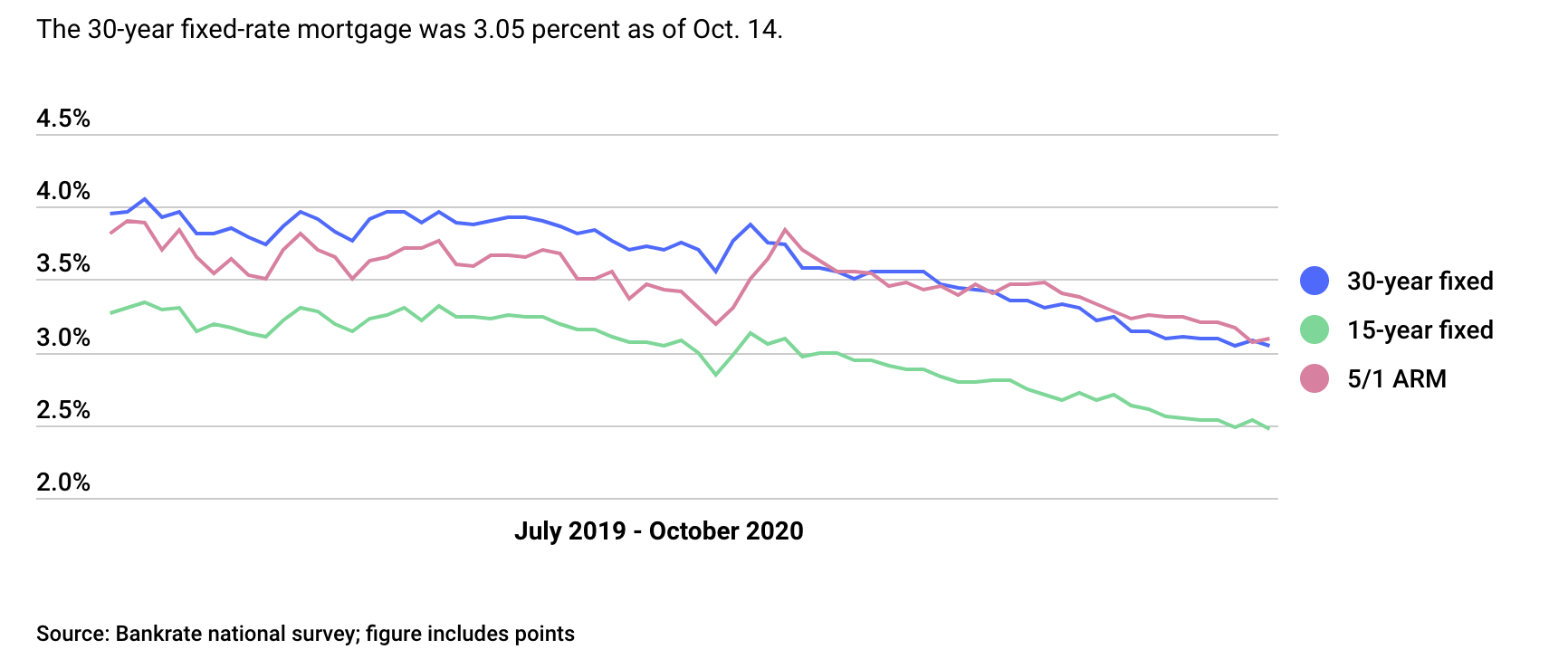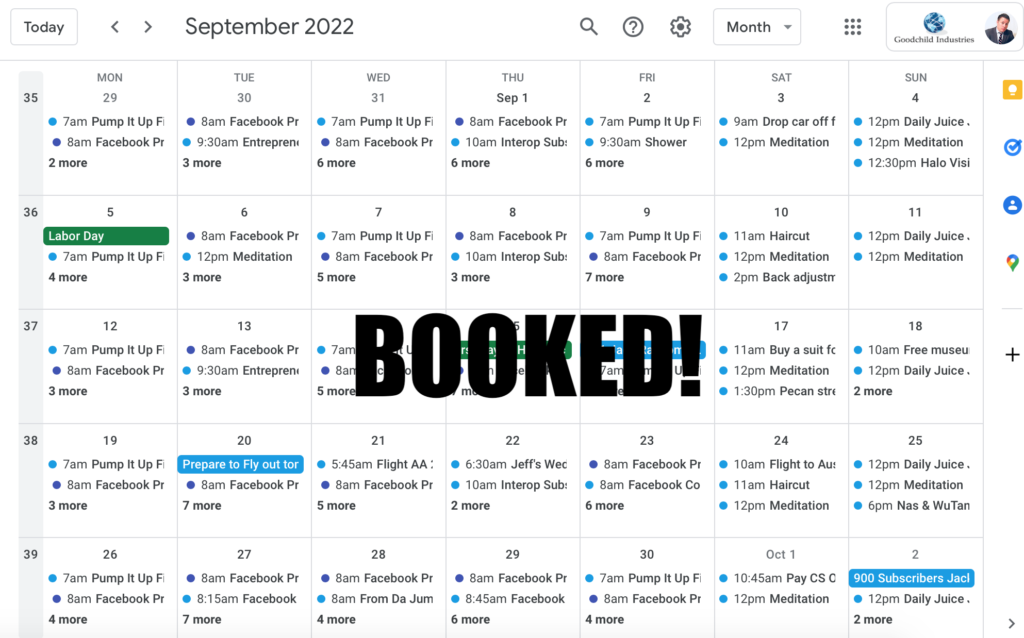
The normal commute to an office building for the typical 9-5 has been severely disrupted due to social distancing regulations and government-mandated capacity limits. As a result, office real estate space is gutted.
Single-family home values may see an uptick as families seek to get out of cities and move to the suburbs for more distancing in response to C-19 but office spaces, retail and hospitality are greatly under capacity.
Real estate values may fall as much as 10% next year, according to Emerging Trends in Real Estate® United States and Canada 2021.
The 42nd annual report makes points that even those without any interest in real estate trends can see:
Lockdowns, capacity limits and travel bans have pushed consumers away from retail establishments and presented a clear and present danger to long-term viability of the walk-and-shop model for customer traffic sources.
Amazon has replaced many stores the public used to use for even basic household supplies and according to 2/3rds of more than 1,600 real estate industry experts cited in the Emerging Trends report, business owners should sell their stakes in retail malls.
There's a high chance that many deserted real estate spaces in retail will be converted to health care facilities.
As a direct response of many retailers pulling out, the real estate spaces that are available are overpriced. It's a familiar phenomena - when there is less demand, jack up the prices to get more from every sale.
This is true for specialty diet foods as it is for niche sectors of any market struggling to exceed expenses with higher profit margins.
Another reason why home building is on the rise where hotels are barely managing to break even and retail is on a downturn is due to low mortgage rates.
Mortgage rates dipped this week, returning to record lows. The average 30-year fixed-rate loan now stands at 3.05 percent, according to Bankrate’s weekly survey of large lenders.

Low-income housing projects are stalled and despite the moratorium on evictions by tenants who can't pay rent due to job losses from COVID-related economic downturns - they'll still be responsible for back pay of the missed rent months.
Public housing has stagnated for decades after the Clinton administration without politicians promoting significant structural reform and providing adequate resources to help raise Americans from poverty.
That is mainly the result of adhering to the philosophy of Jack Kemp, the Housing and Urban Development Secretary during the George H.W. Bush presidency.
Under the guise of "empowerment" that Kemp co-opted,he advocated for cutting federal funding for public housing. Democrats and Republicans both ignored the necessity of adequate funding, and control over that funding, for achieving actual empowerment.
Congress and HUD cut the budget for public housing by a whopping $17 billion during the Clinton administration alone, and that trend has continued til today. Covid only being the latest reason why low-income housing won't be on the rise.
For more information on the history of the structural issues contributing to racial and economic inequality, the Washington Post covers that topic here.
Over more than 60% of survey respondents shared that businesses who use office space will redesign that space for social distance policies that create new forms of collaborative, IRL work.
It is uncertain on if this means companies will rent larger offices, more floors in a skyscraper or just shift how they organize their current office space.
One of the opinions of those interviewed in this survey is that many offices will remain the same, but there will be a split labor force between those working in redesigned spaces and others working remotely from home.
Another view from experts that were interviewed is that the demand for office space in a professional setting such as We-Work or the standard 9-5 office may plummet as much as 15% going forward.
It's likely that after extended periods of vacancy office real estate prices are going to have to lower their asking rates for fiscal survival, regardless of how full or empty a rented space is, as the current prices aren't sustainable.
Given stay-at-home orders and the massive amount of fear and uncertainty among consumers, online shopping has seen a large spike.
Ecommerce businesses are prospering as a result, and warehouse real estate isn't seeing the same down turn as retail.
The industrial sector has become the pearl of the commercial real estate market, and experts agree it’s going to continue that way into 2021.
A panel of real estate and third-party logistics (3PL) professionals talked about the resilience of the warehousing and logistics sector and the resulting demand for space in the months ahead at September’s Council of Supply Chain Management Professionals’ (CSCMP) EDGE conference.
What trends have you noticed in real estate for 2020? Before making a decision, make sure to cultivate a few opposing view points to balance your strategy as discuss in my last blog.
Do you think there will be a rise in a few months for mortgage rates? Comment below!
New Solution to Facebook Ad Policy Violations
After years of working at Facebook, I understand exactly what ad copy in your funnel is triggering the automations and how to get compliant. I'm a Facebook ad policy specialist and can audit your funnel, and share what to say that Facebook wants to see instead - but just isn't telling you.
Want to book a call to talk to Facebook and get results? Get solid answers directly from the source instead of guessing, googling and playing roulette? Schedule a call with me and I can easily tell you proven reasons why the automations flag you and how to become compliant.
You'll be swapping out walking in a minefield of ad flags, to have a sure path to having your Facebook ad accounts protected from being disabled. My clients have included social media marketing agencies of Tony Robbins, Harv Eker and Dean Graziosi. I'm featured on the Queen of Facebook Mari Smith's Marketing Essentials Course.
Save energy and money - how much is it costing you to not know why Facebook is shutting you down? My calendar is here.

I get 100s of emails a week from businesses and advertisers asking for help when their facebook ad account keeps getting disabled, so my calendar gets booked fast. But if you want to get to the front, you can pre-pay for a consulting session here: Book a call

If you want to skip the line before this offer ends, immediately secure an expert-level Facebook consulting call from someone at Facebook. Book a call with me now! If you're ok with waiting a bit longer, and entering the waitlist to see if you're eligible - Schedule a call or contact me via email.











